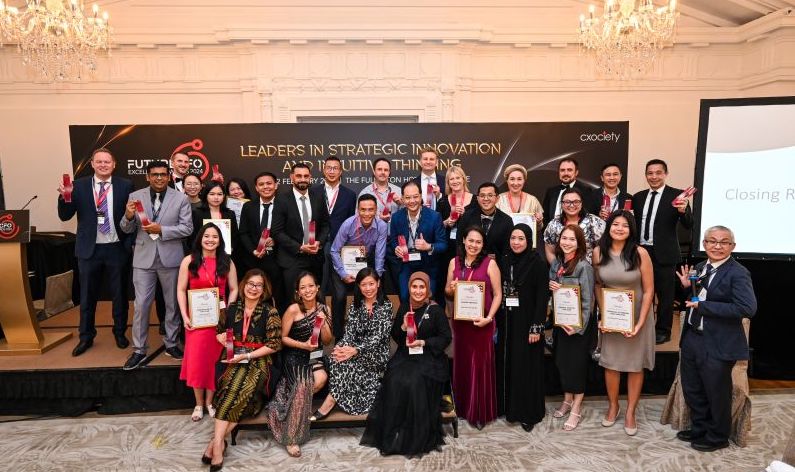Gillian Skinner describes herself as a “passionate marketing and innovation driver”. As Marketing Director at Distell International, she heads a team which ensures the South African wines, spirits and cream liqueur specialist’s name – and its brand names – are known and recognised not just in the travel industry but across the drinks sector.
Skinner started her career in advertising, joining Distell Wine & Spirits in 2010 as Global Marketing Manager for the Savanna apple cider brand. She was appointed Distell International Marketing Director in October 2017.
A “divergent thinker with a curiosity for people”, Skinner celebrates the role of women in the drinks industry in conversation with The Moodie Davitt Report.
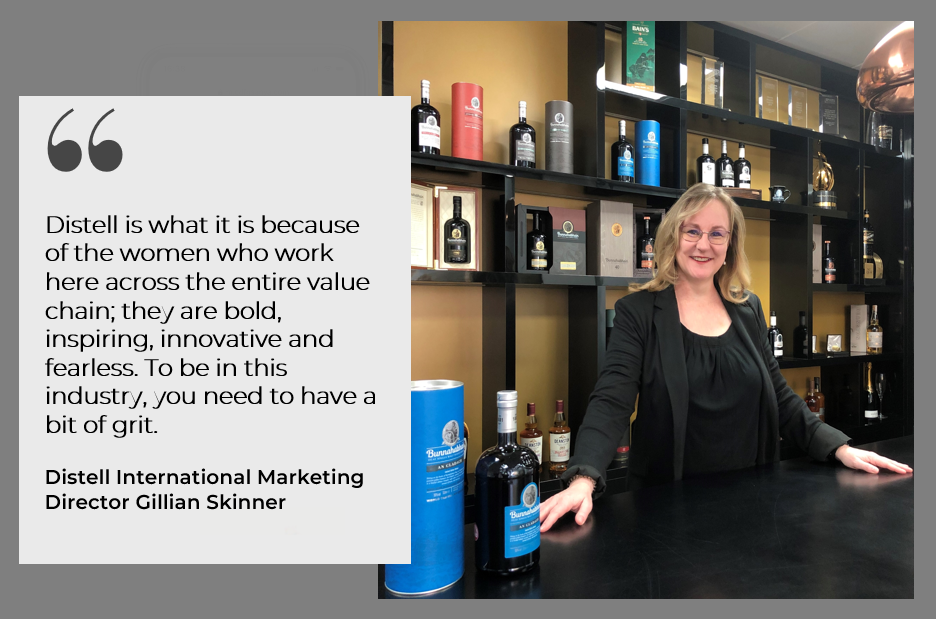
What does International Women’s Day mean to you and how is Distell celebrating and uplifting women on this special day?
Almost 40% of Distell employees are women in what is quite a male-dominated industry. So on International Women’s Day, I think the whole company will be raising a toast to the women who keep the business ticking.
For me, International Women’s Day is about acknowledging the tenacity and resilience of women in general and also very much about gratitude; celebrating women who did so much in the past to build solid foundations for women like me to be able to move forward.
When I look at my own upbringing, most of my friends’ Mums all stayed at home, they didn’t have careers. My Mum was one of the few who had a career and she had very few peers, whereas I have lots of female peers who are doing really well.
Almost 40% of Distell employees are women in what is quite a male-dominated industry. So on International Women’s Day, I think the whole company will be raising a toast to the women who keep the business ticking.
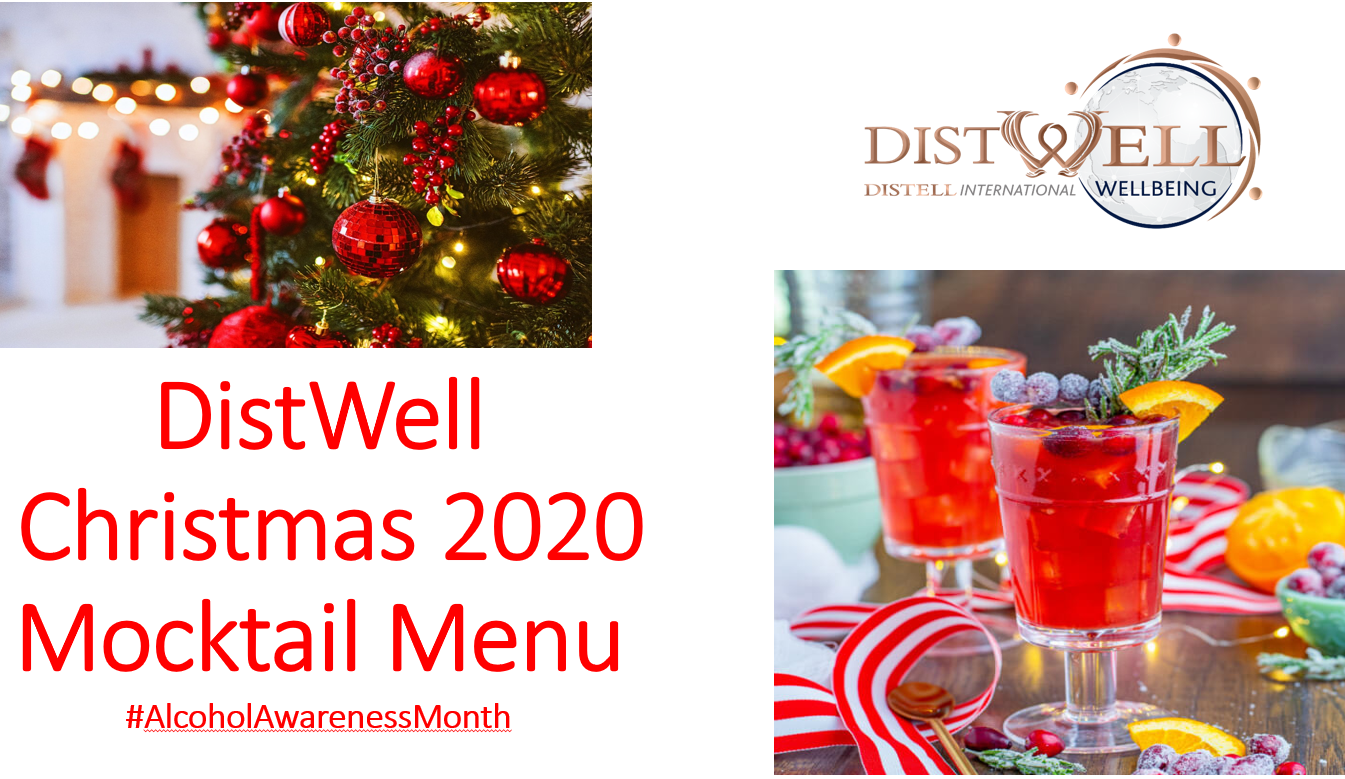
Distell is what it is because of the women who work here across the entire value chain; they are bold, inspiring, innovative and fearless. To be in this industry, you need to have a bit of grit.
In your opinion, what challenges were and are faced by women entering the spirits industry?
It depends on the spirit; it differs slightly between categories.
In whisky, there’s a perception that it is run by posh old men with elbow pads, drinking drams near a fire, reclining on a Chesterfield sofa. In reality, the whisky industry is not old or boring. It’s extremely dynamic and there are opportunities across the entire value chain from sourcing all the way to selling, marketing, legal and logistics. It’s diverse in terms of the skills needed to operate.
Aside from the perceptions that whisky is dominated by men, there is also this rhetoric that whisky isn’t really a drink for women and that itself can be quite intimidating for women wanting to enter this business.
We’re quite lucky that, over the last few years, this perception has shifted hugely but there is always room for improvement. Whisky is a longstanding culturally steeped ritualistic drink that has a lot of barriers to break down – probably more so than other drinks categories.
If you want to have a diverse workforce then you have to have acceptance, understanding and empathy.
Could you tell us more about Distell’s diversity and inclusion projects and campaigns?
The women agenda is of course key at Distell but we are driving more of a broader diversity agenda that encompasses race, age, sexual orientation, mental health, disability as well as gender.
Because of our global footprint, we are often confronted with challenges around language and culture so in order to be inclusive and manage the diversity agenda, what we try to do is build and encourage a culture of openness, empathy and acceptance.
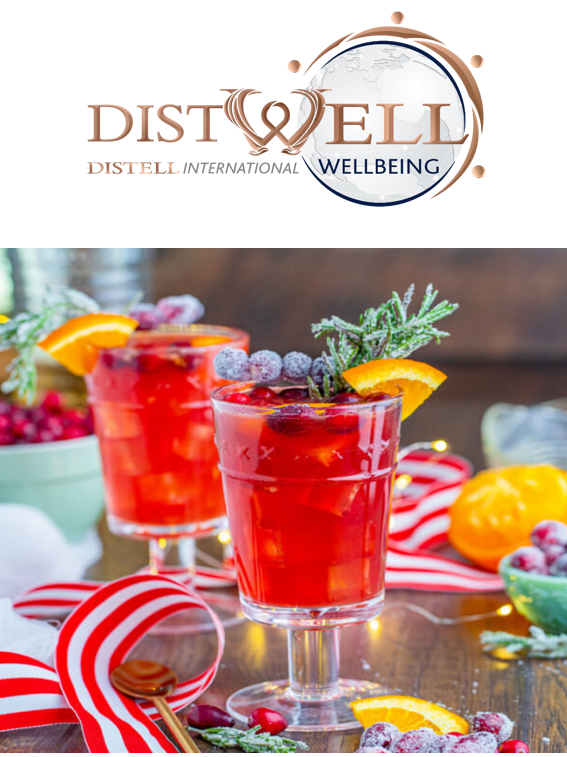
If you want to have a diverse workforce then you have to have acceptance, understanding and empathy.
During COVID, the challenges around some of these issues were amplified and we created DistWell, our employee wellbeing strategy, which I actively participate in.
It focuses on four areas: physical health, emotional health, financial and inclusivity. We select a topic every month under those areas which we think will have the most benefit to our staff.
As an example, last year we held menopause training for our managers and rolled out a new menopause policy. It’s about addressing the issues that impact our staff head on and letting them know that we care.
We try to cover topics that people don’t really like to talk about – so as well as menopause we have raised awareness on domestic abuse and mental health. It’s about destigmatising those things as important and one of the baselines around diversity for us.
Distell is also driving a diverse workplace programme. There’s a small group of us who are taking the lead on deep diving into levers that cause biases and looking at practical ways of educating our own workforce around how to combat these biases.
This year’s IWD theme is all about #BreakingtheBias. In what ways is Distell breaking gender biases within and outside of its organisation?
Distell as a group participates in large scale sustainability studies and gender bias is one of those.
Within that, there is lots of scoring around equal pay and flexible maternity benefits. As with every business, there are areas we can grow and develop and I’m proud that we’re currently reviewing both our maternity and paternity policies to make sure they’re not only competitive but, importantly, meeting the needs of our staff.
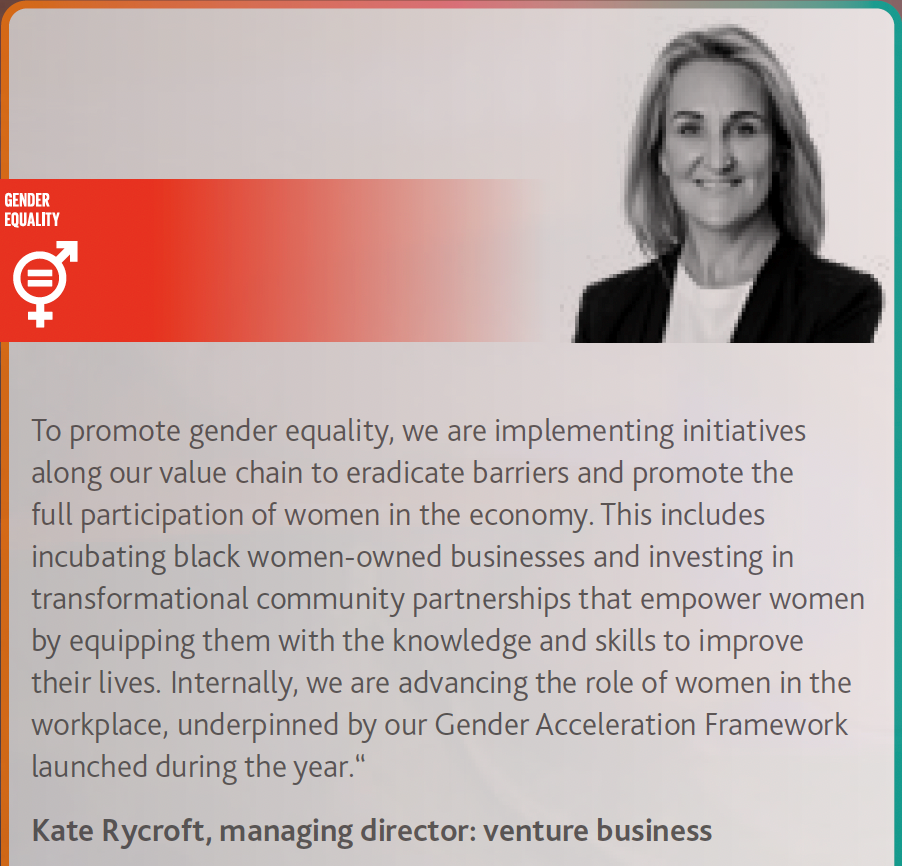
I’ve worked at Distell a long time and the company really walks the talk. If you want to break down those biases, you have to live it every day.
Women play key roles right across our value chain and make up a third of the International Leadership Team. We’ve got a few women in leadership positions, from our Managing Director Kate Rycroft – who is the whole group sponsor for gender equality – to myself and my dynamic team of brilliant female brand leaders working on our portfolio of spirits’ brands.
Distell aims to have as many success stories as it can across the board and not just in areas where you may have historically had a female staff base. For example, we have brilliant females in HR, customer service and audits.
However, we mustn’t forget the females at the heart of our brands and our distilleries, such as our very talented Master Blender Juliann Fernandez and Cara Gilbert – our Distillery Manager in Tobermory – who is one of the youngest distillery managers in the world.

Every business has a responsibility to do better, to ensure maximum diversity across staff; making sure everybody is represented in each area of the business. It’s about doing a little bit every day to break down the biases, making those right decisions and supporting people in going for new opportunities and roles.
What advice do you have for women who are looking to start a career in spirits?
Go for it! It’s fast paced; it’s exciting and it’s innovative. In the ten years I’ve been involved in the spirits industry, it’s become so much more diverse than what it was. The industry is more inclusive and much more progressive than it’s ever been.
The benefit of a more diverse workforce is that it leads to more diverse thinking. Innovation comes from collaboration and when diverse views and backgrounds come together, it results in innovation.
I love that part, especially in marketing. Within whisky and the wider spirits industry, there are so many opportunities to grow so if there is an opportunity, take it.



